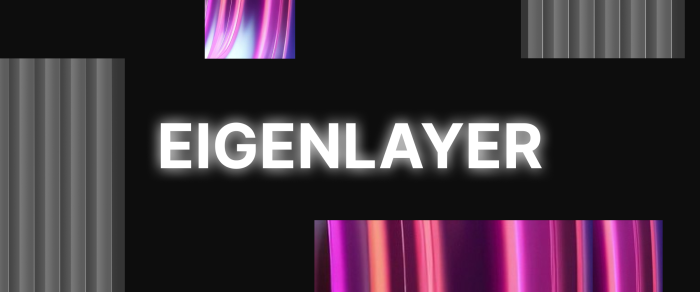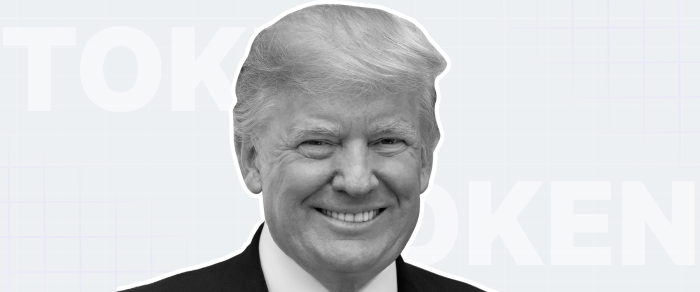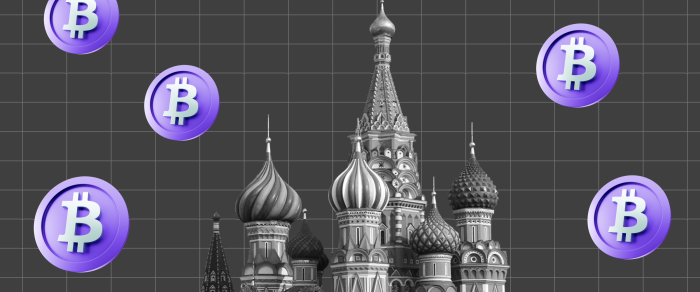Polygon News: The Mystery of the 400M MATIC Disappearance
In a recent and unexpected development, Polygon, the Ethereum scaling network, is now at the centre of a brewing controversy involving the disappearance of 400 million MATIC tokens designated for the Polygon staking program. The claims made by blockchain data firm ChainArgos have provoked discussions about the transparency and accountability of token distribution strategies across the cryptocurrency landscape.
ChainArgos Exposing Polygon’s Token ‘Disappearance’
Jonathan Reiter, CEO of ChainArgos, emphasised that Polygon is not an isolated case when it comes to discrepancies in token distribution. “Essentially, every project we’ve ever looked into wasn’t done correctly,” Reiter revealed, highlighting a systemic issue that extends beyond Polygon.
Polygon’s official website outlines a meticulous token distribution plan, indicating that 1.2 billion MATIC was set aside for staking rewards at the project’s launch. However, blockchain transactions tell a different story, revealing that only 790 million MATIC have been transferred from the Polygon Foundation to the Polygon unique addresses.
ChainArgos, in a detailed research report, accuses Polygon of misappropriating the missing 400 million MATIC tokens. Despite reaching out to Polygon executives for comments, the company has yet to respond, leaving the crypto community in suspense.
The Complex Web of Transactions: Investigating MATIC Movement
Digging deeper into the on-chain data, a closer examination of the MATIC token movement during deployment in April 2019 adds complexity to the narrative. The Polygon Foundation received 3.23 billion MATIC from the vesting contract, with 400 million sent to an address labelled “Binance 33” on Etherscan. Subsequent transactions involve addresses like “0x2f,” suggesting a complicated flow of funds and raising suspicions of potential token sales.
The accusations against Polygon echo broader industry concerns regarding inaccurate token distributions. This isn’t the first instance of such allegations; Forbes previously investigated Binance’s ICO practices, revealing discrepancies in token allocations and the potential exaggeration of ICO success.
Legal Perspectives and the Future of Crypto Regulation
Legal experts weigh in on the situation, highlighting the current darkness of legal standards surrounding incorrect token allocations. While crypto firms are not obligated to disclose financial information publicly, the transparent nature of blockchain allows investors to scrutinise token movements. Investors may consider legal action if they perceive wrongdoing, though proving financial damage is crucial for a successful claim.
Despite the controversy, Polygon has distributed over 894 million MATIC to network validators in its staking program, indicating consistent rewards. As the crypto industry matures, investors and regulators are becoming increasingly aware of the risks associated with decentralised finance applications, prompting discussions around potential regulatory frameworks.
This unfolding “Matic News” not only raises questions about the commitment of individual projects to transparent token distribution but also sparks broader conversations about the need for more precise legal standards in decentralised finance. The Polygon controversy may open the way for increased inspection, accountability, and transparency in the broader crypto ecosystem.
In conclusion, the scandalous Polygon news serves as the smallest part of the challenges facing the cryptocurrency industry as it needs to balance innovation, transparency, and regulatory expectations. Stakeholders await further developments with great attention, and the industry’s response to these challenges will undoubtedly shape its future trajectory.



